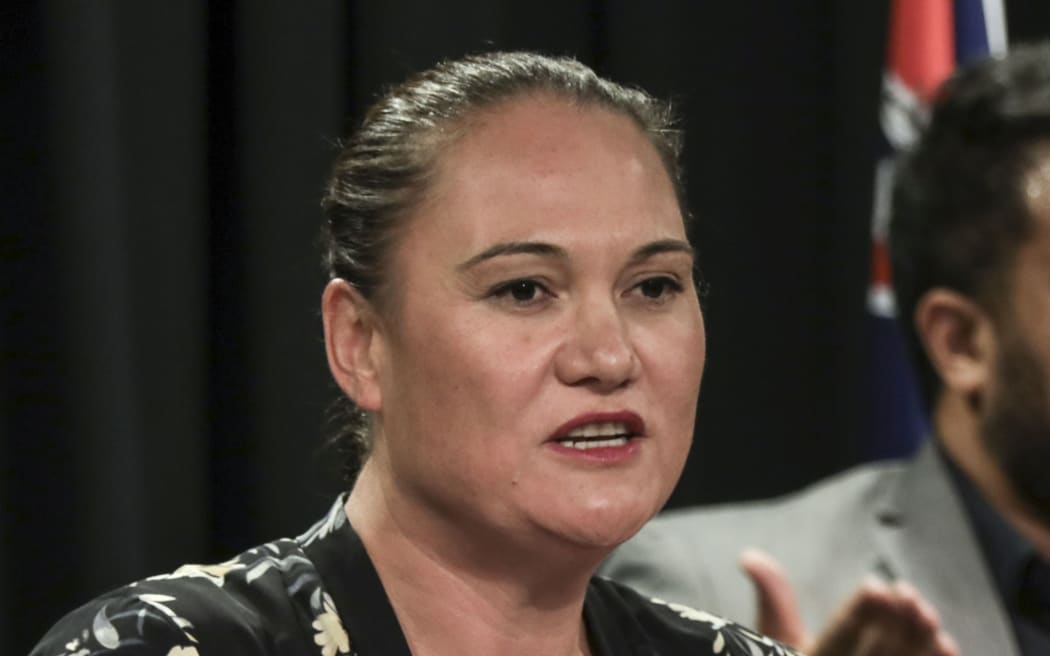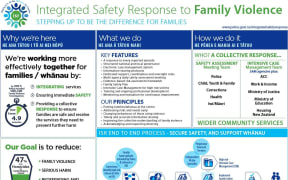The government has announced a boost in funding for services dealing with family violence.

Social Development Minister Carmel Sepuloni Photo: RNZ / Rebekah Parsons-King
The pre-budget announcement was made in Wellington this morning.
The additional $76 million over four years will support the delivery of Ministry of Social Development-funded family violence services.
Prime Minister Jacinda Ardern said funding critical frontline services was a part of what the government needed to do to provide long-awaited support for frontline services.
"Our hope is to reduce and prevent family violence from occurring in the first place, but there is no doubt with the increase we've seen in reporting in incidents that we need to make sure that frontline services, like women's refuge, are funded to do their job and in the last 10 years they haven't been," Ms Ardern said.
Social Development Minister Carmel Sepuloni said nearly half of those receiving the increase are women's refuges who provide vital support keeping women and children safe.
"The nearly 30 percent increase in funding is critical to the government's efforts to turn around New Zealand's tragic family violence record," Ms Sepuloni said.
"Family violence has a damaging, yet often hidden, impact on victims' lives, including their ability to work and lead a normal life."
Women's Refuge chief executive Ang Jury said the extra funding was great, but no amount of money was ever enough because domestic violence never seemed to go away.
"In terms where we've been for the last decade or more it's an extremely welcome relief to the women that are out there doing that work."
The Salvation Army said the announcement was a huge boost for the sector.
Major Pam Waugh from the Salvation Army said family violence was one of the biggest factors in creating poverty.
She estimated about 70 percent of its clients have experienced violence in the home in some way.
"Either they're in the midst of it or they've grown up in it and the impact it has had on them long term still affects them.
"We see children that are very stressed by it, we see children that become very marginalised and we see families living in complete poverty where the financial stress of it becomes a huge problem for them."





